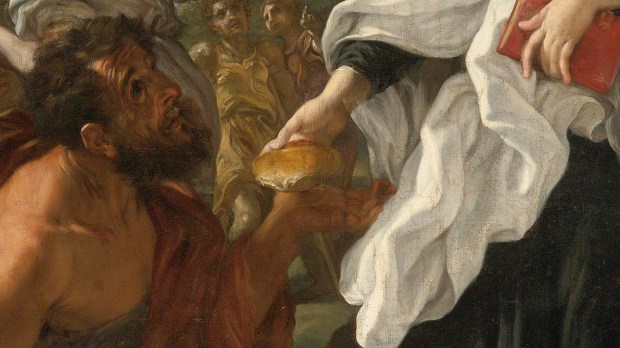Typically when we hear the word “fasting,” we immediately think of not eating food. However, the biblical definition of fasting is much broader and can involve any number of actions.
The prophet Isaiah wrote down a type of fasting that God prefers, one that doesn’t even involve abstaining from food.
Is this not, rather, the fast that I choose:releasing those bound unjustly,untying the thongs of the yoke;Setting free the oppressed,breaking off every yoke?Is it not sharing your bread with the hungry,bringing the afflicted and the homeless into your house;Clothing the naked when you see them,and not turning your back on your own flesh? (Isaiah 58:6-7)
Those words might sound familiar, as Jesus had a similar exhortation when speaking about what the “righteous” must do to enter the gates of Heaven (also known as the “Corporal Works of Mercy”).
The king will say to those on his right, “Come, you who are blessed by my Father. Inherit the kingdom prepared for you from the foundation of the world. For I was hungry and you gave me food, I was thirsty and you gave me drink, a stranger and you welcomed me, naked and you clothed me, ill and you cared for me, in prison and you visited me.” (Matthew 25:34-36)
While fasting from food is a good and praiseworthy action, we also need to make sure we are imitating Jesus Christ and his love for all humanity. Our fasts must be matched by our charity.

Read more:
How fasting can lead to a more loving heart

Read more:
Why fasting leads to freedom

